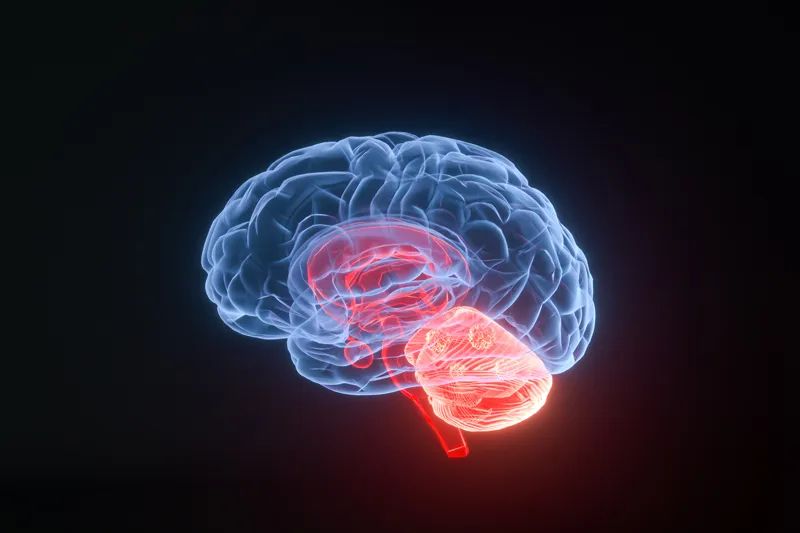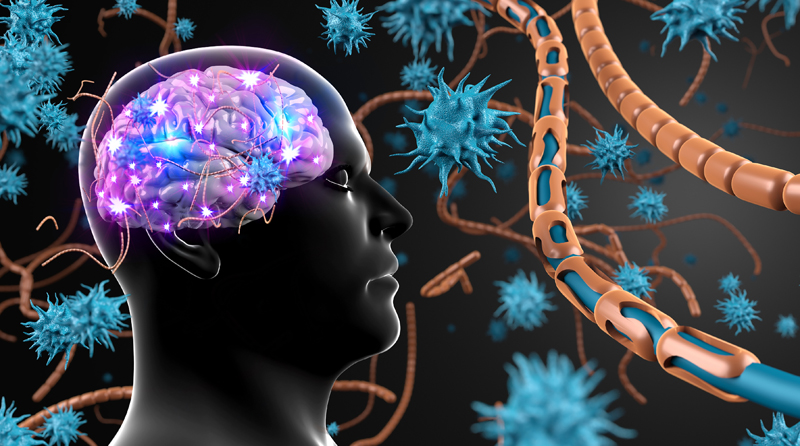Nectin-4 is an important target that has been shown to be useful as a treatment for locally advanced and late-stage bladder cancer. With this in mind, Padcev (enfortumab-vedotin-ejfv), the first ADC (antibody-coupled drug) for uroepithelial cancer, has also received accelerated FDA approval for the treatment of locally Adult patients with advanced or late-stage uroepithelial cancer (the most common type of bladder cancer).

Recently, a study published in Oncotarget showed that, similar to uroepithelial carcinoma, Nectin-4 is also widely present in most head and neck squamous carcinomas. For such patients, this is certainly significant good news.

We have learned that Nectin-4 is a protein that is located on the cell surface and is highly expressed in bladder cancer. ADC drugs such as Padcev bind well to Nectin-4 expressing cancer cells and then deliver the poison to the cancer cells to kill them.
The good performance in bladder cancer has led to the realisation that if other cancers also express Nectin-4, then such ADC drugs, too, may work well therapeutically!
Since head and neck cancer and uroepithelial carcinoma have a similar morphological and molecular status, researchers at the University Medical Centre Bonn and the University Hospital Bonn have conducted an in-depth study of Nectin expression in head and neck squamous carcinoma (HNSCC).

Using immunohistochemical analysis, the researchers found that Nectin-4 was found in 86.2% of HNSCC cases, with intermediate/high expression seen in 32.7% of cases.
The study showed that Nectin-4 expression was higher in non-smoking patients and in HNSCC patients who tested positive for immunohistochemistry p16. Regardless of the patient's tumour grade and whether the cancer stage was early or late, it did not affect the level of Nectin-4 expression.
In contrast, patients with Nectin-4 positive HNSCC had significantly higher survival rates.

"Similar to uroepithelial carcinoma, Nectin-4 is highly expressed in most HNSCC, which clearly has value for further study to figure out if cutting-edge ADC drugs would also be effective in treating this type of cancer. Furthermore, Nectin-4 expression, which is associated with HPV infection, could therefore serve as one of the prognostic markers for HNSCC patients."
The so-called ADC drug is made up of three parts: one part is a very powerful chemotherapy drug, one part is an antibody that can precisely track cancer cells, and the other part is a linker that links the drug to the antibody.
According to its principle, the ADC drug has a powerful ability to kill cancer cells and the property of killing only cancer cells and not harming normal cells (in theory).
However, as the saying goes, even the best drugs have some toxic side effects. According to data from clinical study EV-201, Padcev may cause treatment-related adverse effects including hair loss, peripheral neuropathy, fatigue, neutropenia, maculopapular rash, etc. Therefore, it is important to have a doctor with appropriate knowledge and clinical experience to assess the treatment plan when using the drug to avoid unnecessary damage.

At present, patients with uroepithelial carcinoma can already use Padcev through the clinic in Hainan Shengnuo. Not only that, the clinic can also help patients to quickly book remote consultations with international cancer experts who have relevant experience in drug treatment and side effect management to escort the treatment.
